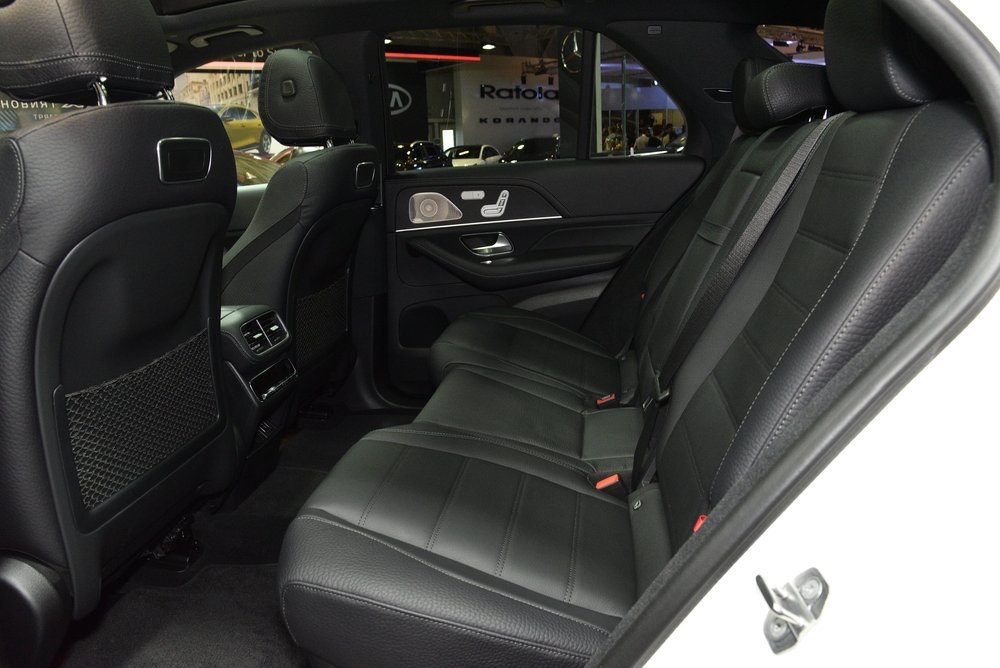
Many midsize SUVs are not offering enough front crash protection for passengers in the backseats, new findings have shown.
Crash test ratings from the Insurance Institute for Highway Safety are raising concerns over the safety of passengers in the rear of these vehicles.
“All these vehicles provide excellent protection for the driver,” said IIHS president David Harkey, “but only a handful extend that level of safety to the back seat.”
Past crash tests have centred around the driver. New tests have been updated to include rear passengers. Those tests gave only four out of 13 tested midsize SUVs tested — the Ford Explorer, Ford Mustang Mach-E, Subaru Ascent and Tesla Model Y — a “good” rating.
The Chevrolet Traverse, Toyota Highlander and Volkswagen Atlas earned “marginal” ratings. Six others — the Honda Pilot, Hyundai Palisade, Jeep Grand Cherokee, Jeep Wrangler 4-door, Mazda CX-9 and Nissan Murano — are rated “poor.”
“Zeroing in on weaknesses in rear seat safety is an opportunity to make big gains in a short time, since solutions that are already proven to work in the front can successfully be adapted for the rear,” said IIHS senior research engineer Marcy Edwards, who led the development of the updated test. “The four good ratings in this round of testing show that some automakers are already doing it.”
IIHS’s tests used a dummy representing a small woman or 12-year-old child positioned in the second row behind the driver and uses specific metrics that focus on the injuries most frequently seen in rear-seat occupants.
In the poor-rated vehicles, measurements taken from the rear dummy pointed to a high risk of head or neck injuries to the rear passenger in the CX-9, Grand Cherokee, Murano, Palisade and Pilot. It also indicated a significant risk of head or neck injuries in the Wrangler, which lacks a side curtain airbag in the rear.

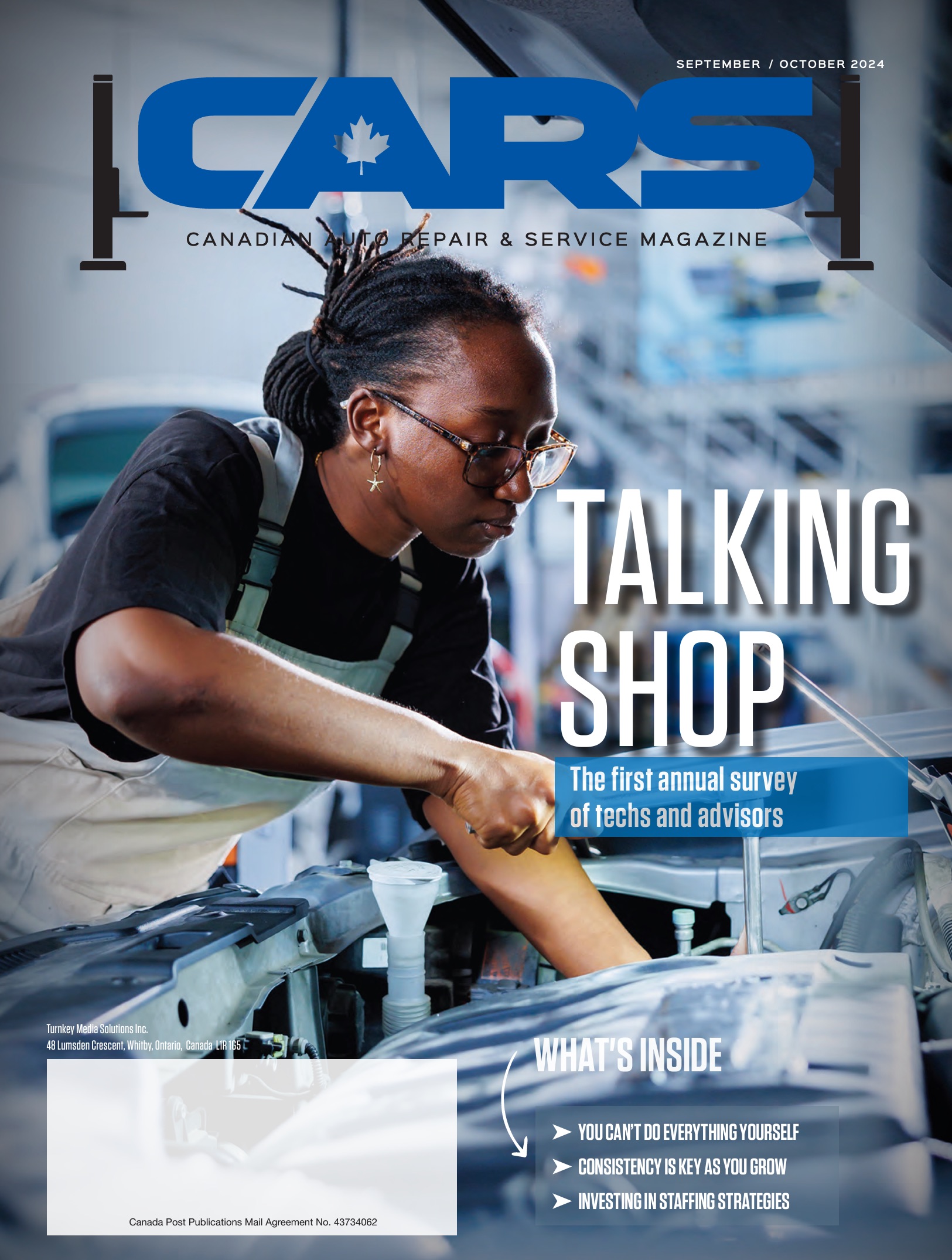

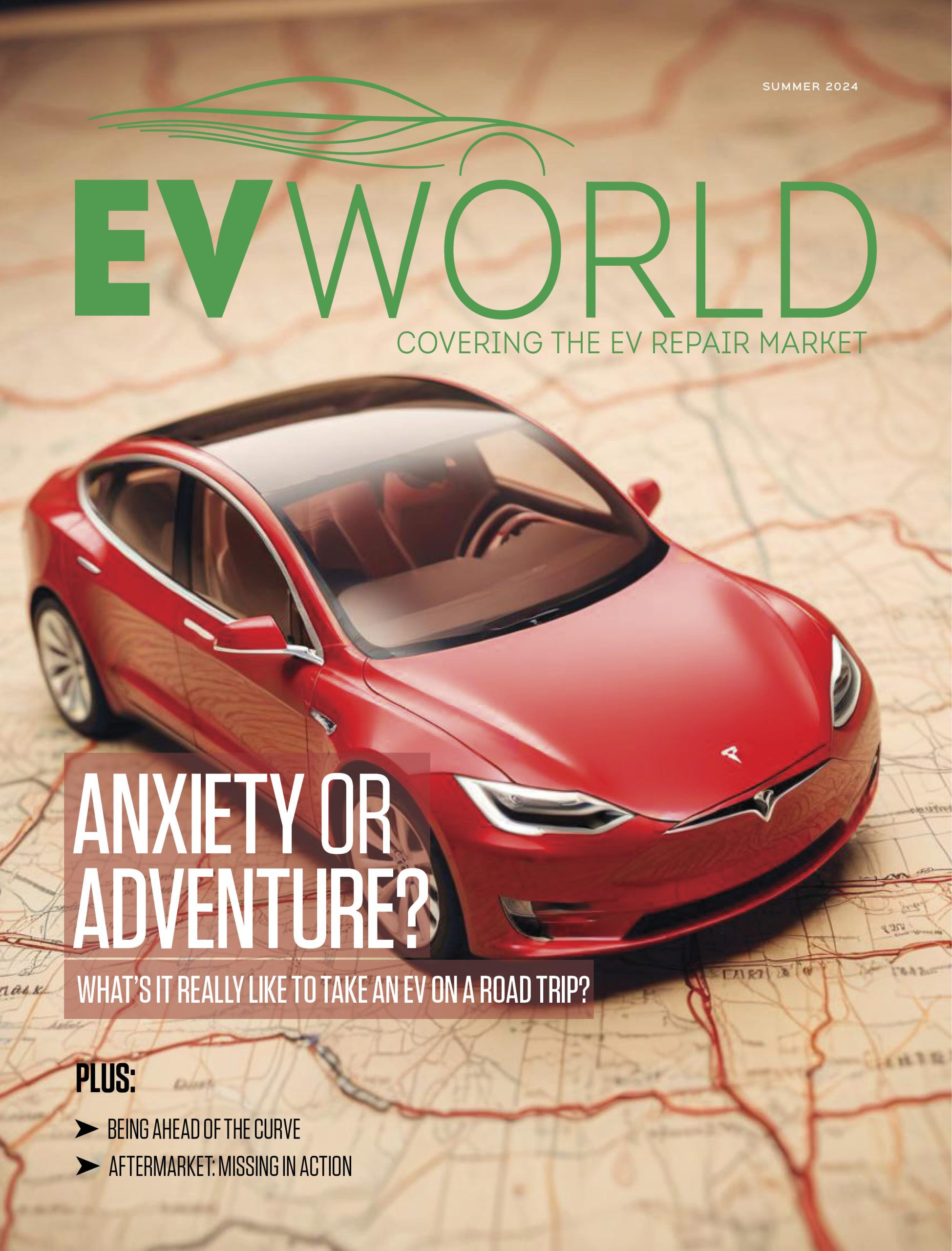




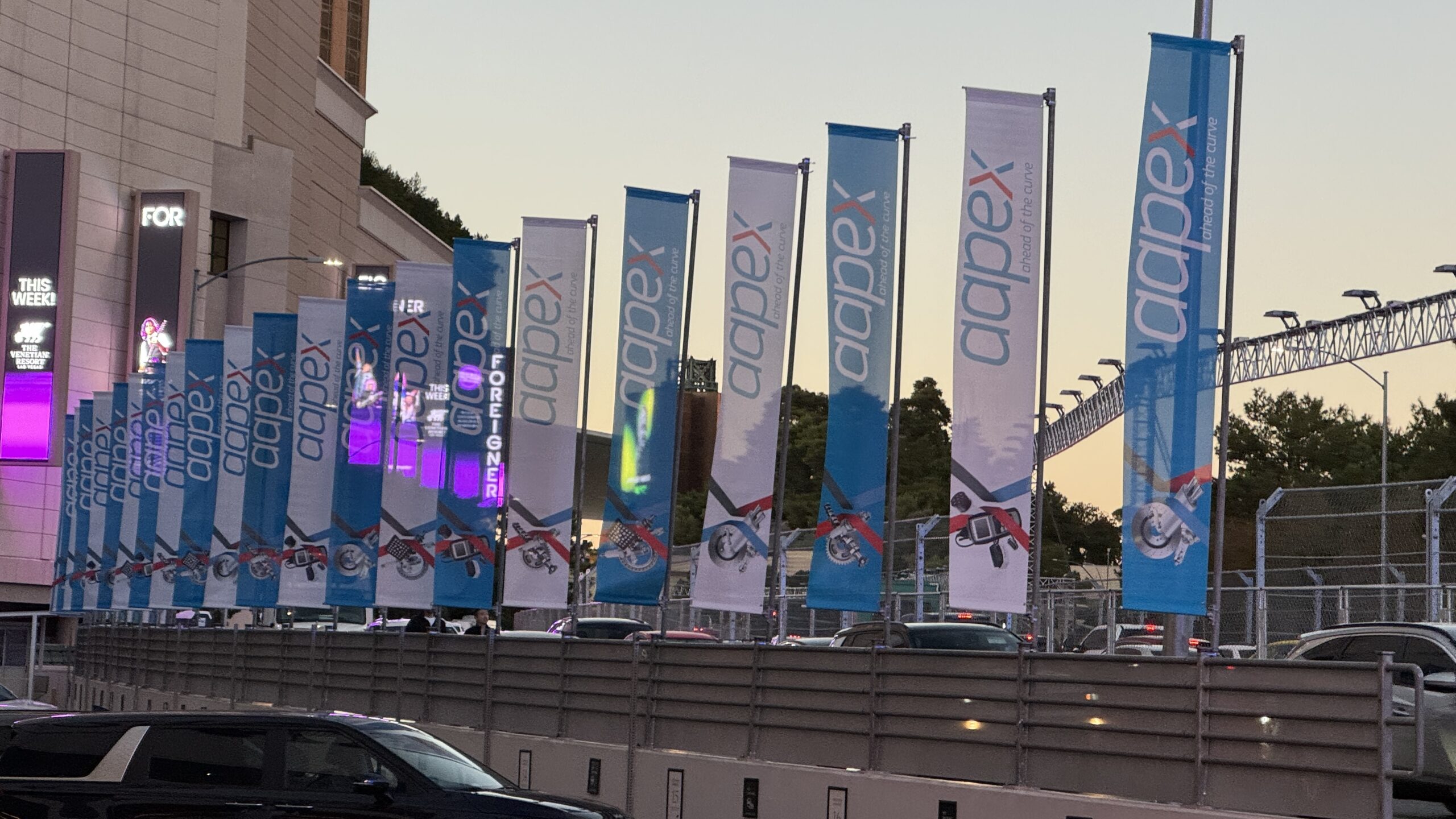


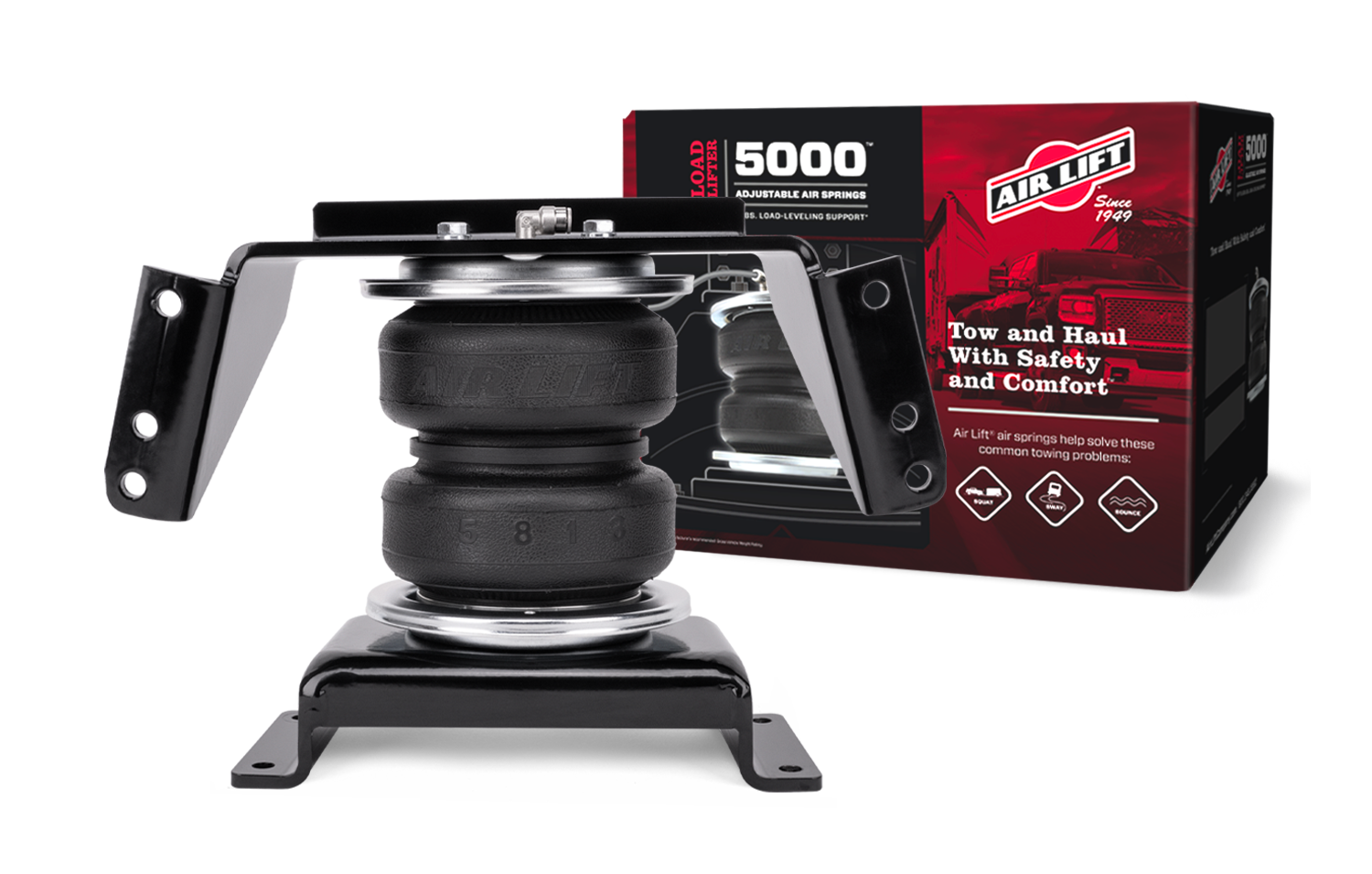
Leave a Reply